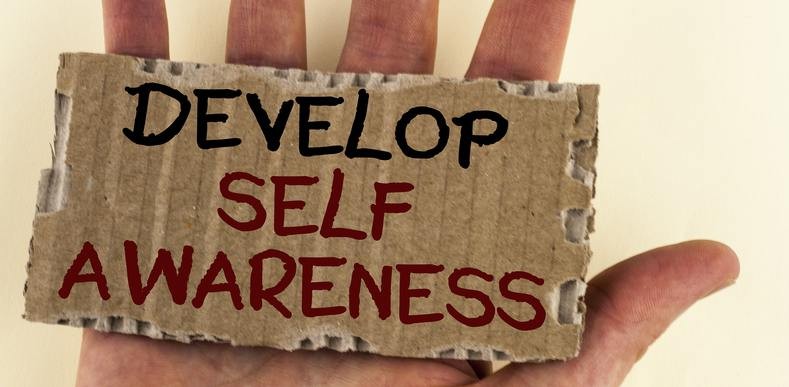What is self-awareness?
Self-awareness is simple. It simply means knowing yourself more. When you understand yourself better, you know what makes you tick, what your triggers are (what provokes you), and what makes you feel your best.
Self-awareness is a key foundation to start coaching yourself. It is an exploration of self. It is taking time out to answer the questions you have about life- or any existential queries you may possess. If you don’t have questions, don’t worry. Generating self-awareness is as much about giving yourself time to gain clarity. It can be scary to take time out from the busyness of life and have a good think. However, in doing so you can avoid any potential crises further down the line.
We never really take time out to sit alone with our thoughts, to question our actions, our assumptions and beliefs about life. But, this is key to gaining self-awareness. You may be thinking where is the time? However, time is an investment you need to make. That odd five minutes alone, or a solitary lunch hour can help gain a sense of clarity and greater vision. You could even make a daily or weekly change to your schedule, for instance, getting up one hour earlier to focus on your thoughts and learn more about you.
Key Rules to Building Self-Awareness
1) Take time out to explore your thoughts. Write down a list of questions you have been pondering, but never really had time to answer. Let your mind flow and question what comes to mind, write it down.
2) Take time out to do nothing. How do you feel? Note what emotions come up. What are these emotions? Write them down. What could these emotions be telling you? For instance, do you feel restless or bored? Are you completely relaxed or do you feel deadbeat?
3) Journal. Begin to journal how you feel. Write down your thoughts on a daily basis and reflect back. Write about what gave you joy and what made you angry, defensive, frustrated or sad. These insights can be incredibly useful in furthering your self-awareness.
4) Seek feedback. Ask trusted sources to provide you with feedback on how they see you in your role. You can ask a trusted family member, colleague or friend. Ask them to be polite, but honest. This feedback loop will bring in greater awareness of your ‘blind-spots’, the areas of yourself that exist, but you lack awareness.
Self-awareness is something that we should all aim to work on, whether for professional or personal reasons. It means heightened emotional intelligence and social understanding, making working relationships easier.
References
Ackerman, C.E. (2020) What Is Self-Awareness? (+5 Ways to Be More Self-Aware) In: What Is Self-Awareness? (+5 Ways to Be More Self-Aware) (positivepsychology.com)



 Acknowledgement Of Country
Acknowledgement Of Country
